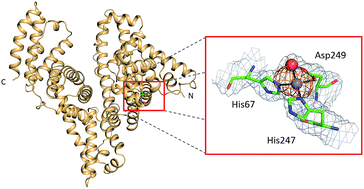
Zinc rich food items
Study may provide a road map for treatment and prevention. Zinc supplements can significantly inhibit the proliferation of esophageal cancer cells, according to a new study. Previous studies had shown that zinc is essential for maintaining human health and protects the esophagus from cancer. However, it has never been fully understood why zinc has the ability to prevent cancer in the esophagus.
In this study, a team led by Zui Pan, an associate professor of nursing at UTA’s College of Nursing and Health Innovation and a noted esophageal cancer researcher, discovered that zinc selectively halts the growth of cancer cells but not normal esophageal epithelial cells...
Read More








Recent Comments